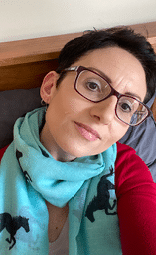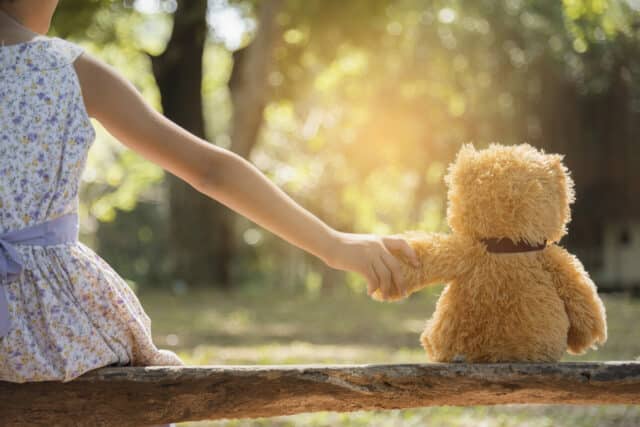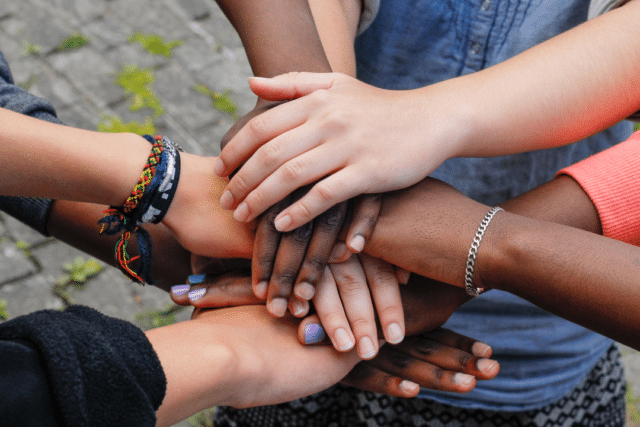Being Autistic can prove challenging when it comes to understanding relationships. Cath Dyson explores this social minefield.
Being Autistic comes with great benefits – I can see big picture and zoom into minute detail. I really don’t tire of my special interests (one of them being work – handy). And I have genuine empathy and understanding for neurodivergent people.
But being Autistic also comes at a cost. I just don’t ‘get’ relationships. I never have, and probably never will.
Growing up I really got on with boys more than I did girls. I found boys far easier to read – they said things as they were. They meant what they said and didn’t switch friendship camps.
Girls were more unpredictable and very hard to read. They seemed to switch allegiances, sometimes daily, leaving me in a spin of questions: are they still my friend? Have I done something wrong? It is safe to say that school friendships were tiring. Exhausting. And yet, without friends, you really did stand out.
So I hung on in there.
In my final school year I had a blast: I found a brand new, female, friend. I discovered ‘myself’ without the pressure of a group (for me a ‘group’ is more than two other people).
I realised that I was funny. I made this friend laugh. A lot. I also discovered that I could have fun at school. I could relax a little, be less vigilant and less prone to social confusion. That one female friend gave me a surge in confidence that I desperately needed.
My sixth form (Year 12 and 13) days fared better. I gravitated towards boys and planted myself in a ready-made group of male friends. They were school friends and had lots of in-jokes. Of course, I didn’t understand any of that, but it really didn’t matter to me.
It ‘looked’ like I had friends and that – at the time – was important.
I had one female friend who, like me, joined the male group. We ‘hung out’ together but – not surprisingly – she really confused me. She was an emotional whirlwind of mini-dramas. Weekly mini-dramas and it was so draining. This is where I began to feel quite different. It is when the sense of being ‘outside and looking in’ first emerged.
And this sense is still with me today, at 48.
As an Autistic woman I feel that I was vulnerable when younger. In my first year of university I put myself in very dangerous situations with males.
I didn’t understand what was ‘normal’ and I had no parameters to guide me. I also had zero friends. I did not make one single friend at University. But I did go out in crowds – trying to submerge myself in a group setting, freakishly frightened of standing out.
One of the saddest days of my life was my Graduation. There were groups – a plethora of groups – cheering, laughing, simply sharing this special moment. I had no one. Not a single person to share this day with. It was a reality that hit me and my attending family like a bullet. I really was different and I really had no friends.
On the upside my best friend has been my best friend for 24 years and he is my husband. He gives me all of the directness, bluntness and unambiguity I need. I give him a lot of challenges but he has stuck by me.
My late Autism diagnosis (at 47) has been a blessing. Things now make sense to us that used to cause huge tension before.

Cath Dyson
And I DO have friends now! Good friends! I am now comfortable going out with two other people, that makes us a group of three. And I am coping just fine.
The next step? Four.




